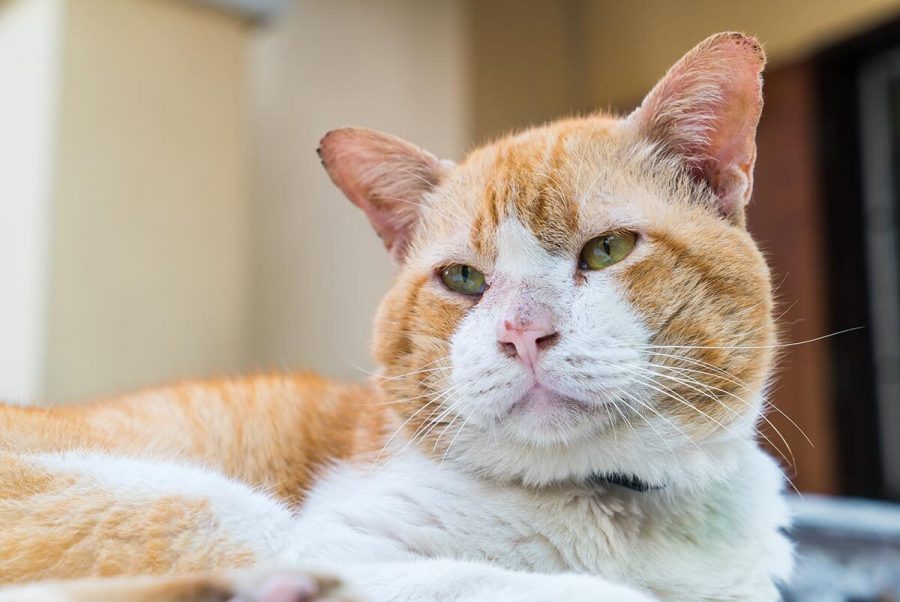One of the many questions that arise when adopting a feline friend is: how long do cats live? A domestic cat will get much more care and attention compared to a stray cat and this will also affect the average length of its life. Let’s examine how long cats live and which factors affect the average life span.
How long does a cat live?
Our feline friends have long lives and, therefore, when deciding to welcome a kitten into the home, we should consider this aspect. On average, cats can live from 15 to 20 years. There is no real mathematical calculation to establish how long the cat will really live but, undoubtedly, the more attention you give to its health and well-being, the longer it will live. The breed is one of the factors affecting the average life span. A purebred feline, in fact, is selected to have certain specific characteristics, such as eye colour, coat and shape but, at the same time, it can also bring unwanted factors that can lead it to suffer from diseases once it reaches a certain age. This is why, in many cases, the average life span of a mixed breed cat is considerably longer than that of a purebred cat. Lifestyle and of course proper nutrition also contribute, ensuring excellent health for the feline and, therefore, a longer life.

How long can domestic cats live?
As mentioned above, domestic cats will certainly have more care than stray cats. Vaccines, medical care and so on ensure a healthy life for the cat. The average life span of a cat living at home is therefore about 15 years. A good and balanced diet, constant availability of water and healthy exercise are fundamental factors for their well-being. More than anything else, pampering and lots of love are good for the heart. In addition, sterilisation can prevent the cat from developing diseases, thus extending its life. In contrast, the average lifespan of a stray cat varies from 4 to 8 years. A lack of food and water, climatic conditions and dangers such as cars, motorcycles, etc. will greatly affect its longevity. Furthermore, stray cats are prone to infectious diseases and a lack of medical care will lead to death.
Finally, as already stated, castration and sterilisation are essential for the cat’s well-being. Castration can prevent prostate or testicular cancers, whilst sterilisation, in addition to preventing unwanted pregnancies, will prevent the onset of cysts, breast and ovarian cancers. Now that you know how long cats live, you just have to adopt one!
